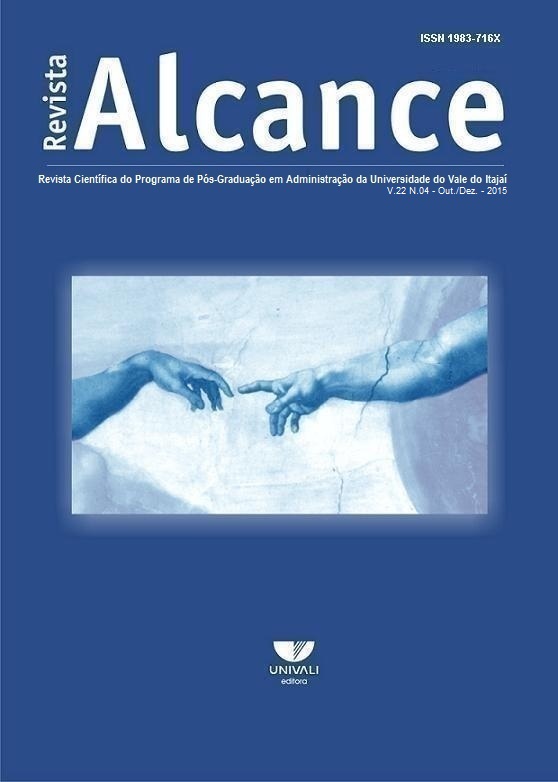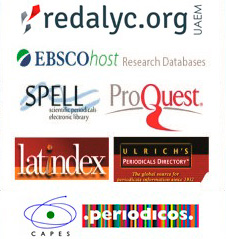ANÁLISE DOS COBENEFÍCIOS EM PROL DO DESENVOLVIMENTO SUSTENTÁVEL DOS PROJETOS BRASILEIROS DE TROCA DE COMBUSTÍVEL: UM ESTUDO DE CASO DA DORI ALIMENTOS / ANALYSIS OF CO-BENEFITS FOR THE SUSTAINABLE DEVELOPMENT OF BRAZILIAN FUEL SWITCH PROJECTS: A CASE STUDY OF DORI ALIMENTOS
DOI:
https://doi.org/10.14210/alcance.v22n4.p474-489Keywords:
Mercado Voluntário de Carbono. Cobenefícios. Projetos de Troca de Combustível.Abstract
Este estudo apresenta resultados parciais de uma pesquisa que tem por objetivo analisar os cobenefícios em prol do desenvolvimento sustentável dos projetos de troca de combustível, cujos créditos são negociados no mercado voluntário de carbono brasileiro. Para tanto, os Documentos de Concepção dos Projetos (DCP) foram analisados utilizando uma matriz analítica que tomou por base estudos da United Nations Framework Convention on Climate Change (UNFCCC, 2012) sobre cobenefícios do mercado regulado de carbono. Além dos DCPs, outros documentos que apoiaram na concepção dos projetos foram buscados. Assim, realizou-se uma pesquisa bibliográfica e documental, de caráter exploratório, além de um estudo de caso ilustrativo da empresa Dori Alimentos. Os resultados indicam que dos projetos de mudança de combustível decorrem dois cobenefícios principais: desenvolvimento ou difusão local da tecnologia e da preservação dos recursos naturais, ficando os demais relegados a segundo plano. Conclui-se que os projetos de troca de combustível são pobres em cobenefícios, acompanhando o comportamento do cenário internacional e nacional para os mercados regulado e voluntário de carbono. Palavras chave: Mercado Voluntário de Carbono. Cobenefícios. Projetos de Troca de Combustível. Abstract This study presents partial results of a study to analyze the co-benefits for sustainable development of fuel switch projects whose credits are traded on the voluntary Brazilian carbon market. Project Design Documents (PDD) were analyzed using an analytical matrix that was based on studies of the United Nations Framework Convention on Climate Change (UNFCCC, 2012) on co-benefits of the regulated carbon market. In addition to the PDDs, other documents that supported the design of projects were sought. An exploratory bibliographical and documentary review was carried out, and an illustrative case study of the food company Dori Alimentos. The results indicate that there are two main co-benefits associated with fuel switch projects: development or local diffusion of technology, and preservation of natural resources, with the other benefts being relegated to a less important position. It is concluded that fuel switch projects are low in co-benefits, following the behavior of the international and national scenarios for regulated and voluntary carbon markets. Key Words: Voluntary Carbon Market. Co-benefits. Fuel Switch Projects.Downloads
Published
2016-03-24
Issue
Section
Article


